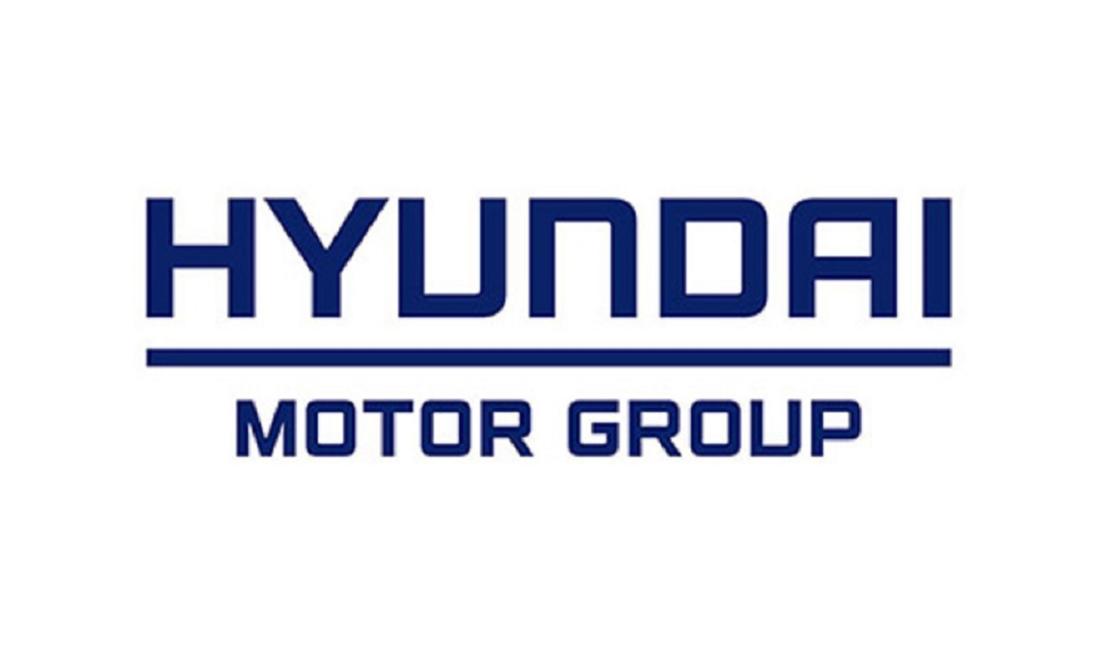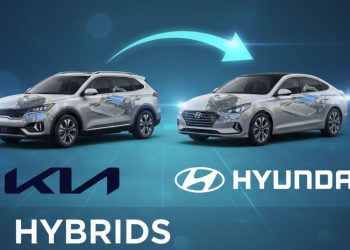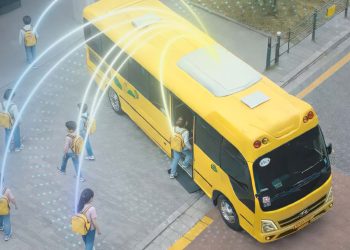Update (April 2, 2020):
Hyundai Motor Group announced on March 31 that it would establish a mobility innovation center in Singapore. The new center called Hyundai Mobility Global Innovation Center in Singapore (HMGICs) would focus on producing and developing future mobility solutions by 2022.
The automaker pledged to develop high-performance sensors for autonomous vehicles within this year. The company also intends to inject 4 trillion won ($3.25 billion) to expand production for electrification and 3 trillion to 4 trillion won ($2.44 billion to $3.25 billion) for research and development of future mobility.
The construction of the HMGICs would start in May and is expected to be completed by the third quarter of 2022.
Original:
Hyundai Motor Group, South Korea‘s largest car manufacturer, will invest a total of 100 trillion won ($87 billion) spanning the next five years. The company will spend 20 trillion won ($17.4 billion) annually to advance its leadership and growth in future mobility technologies.
Chung Euisun, the executive vice-chairman of Hyundai Motor Group, said during a speech at the company headquarters New Year ceremony in Seoul, that the group would seek partnership with outside developers for continuous innovation that accommodates diverse capabilities.
Investment Direction
The automaker would direct the capital injection mostly to the expansion of the electric vehicle (EV) lineup and its mobility services businesses. Hyundai’s massive investment is also expected to secure the company’s leadership in vehicle electrification, the hydrogen industry ecosystem, and the commercialization of self-driving vehicles.
Chung said that Hyundai aims to increase its lineup, which consists of 24 models, to 44 models by the end of 2025. The company will develop a roster that includes 23 battery electric vehicles (BEV), six plug-in hybrids, two fuel-cell electric cars, and 13 hybrid cars.
The Hyundai Motor Group will streamline its cost structure for the new EV architecture system by allotting components in their application to different models. It will optimize operation networks increasing profitability and unit volume of each model. The company will secure a flexible production system while introducing new sales methods.
Hyundai will further advance its sports utility vehicle (SUV) lineup, such as the Hyundai Santa Fe, Hyundai Tucson, and Kia Sorento, with the addition of plug-in and hybrid variants this year.
Meanwhile, in the self-driving development sector, Chung stated that the car manufacturer intends to create an autonomous driving platform in partnership with Ireland-based startup Aptiv by 2022. Test trials will start in 2023 and mass production in 2024.
Also included in the executive vice chairman’s 2020 New Year speech was the plan to expand the company’s portfolio by pursuing new technologies, projects, and businesses such as its car-sharing platform in Los Angeles.
Hyundai Motor Group will also increase collaboration with companies specializing in mobility services such as Ola and Grab. The company will expand its coverage by offering EV car-hailing services to the car-sharing platforms.







